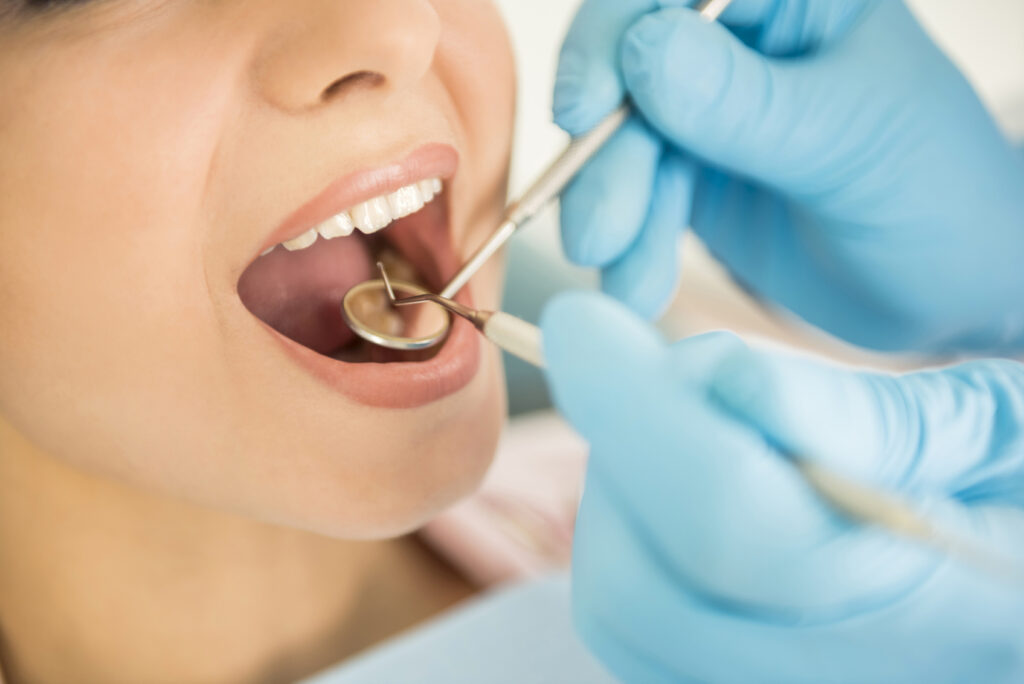
By keeping your teeth natural, you can chew more comfortably and enjoy better digestion. You will have a healthy smile, a natural complement to your image, and you will be able to speak more comfortably than if you were wearing dentures. Proper oral hygiene protects your health, and saves you money. By preventing your dental problems, your treatment costs will be drastically reduced. The time used to do this takes him around ten minutes a day; less time than shaving or putting on makeup. With all these benefits, proper oral hygiene is an essential part of a healthy life.
How many times do I have to go to the dentist?
It is a good idea to visit your dentist at least twice a year for a routine dental check-up at Dental office Kennewick WA. Preventive maintenance is the best way to ensure that your teeth and gums last a lifetime. In reality, your dentist’s concern about your health goes beyond your teeth and gums. As part of a routine oral exam, dentists are examining for oral cancers and are watching for warning signs of other health problems that appear in the mouth.
How should i brush my teeth?
Start with the right material, a brush with soft bristles (soft nylon) and rounded tips that allow you to reach all the teeth. If your toothbrush bristles are bent or worn, buy another. A bad toothbrush will not properly clean your teeth.
The amount of paste that must be used is very little, with an amount equivalent to the size of a pea, okay, larger amounts, they only contribute to consuming more toothpaste tubes.
- Pick up the brush as if you were going to write with it.
- Place the brush head along the teeth, with the tips.
Move the brush back and forth in short strokes (about half a tooth width), brushing gently but insistently. - Brush the outer surfaces of each upper and lower teeth, maintaining the filaments at an angle of 45 or against the gumline.
- Similarly, brush all the inner surfaces of the upper and lower teeth.
- Brush the inner surfaces of the upper and lower incisors by holding the brush in an upright position and making several gentle up and down strokes.
- Clean the tongue with the brush. You will notice your mouth and breath fresher.
How is dental floss used?
The use of dental floss or floss is an effective method to eliminate the remains of bacterial plaque in the interdental spaces, where it is very difficult to reach with the brush.
- Cut approximately 50 cm of dental tape and wrap most of it around one of the middle fingers.
Roll the rest of the silk onto the same finger of the opposite hand. This finger can collect the dental floss as it is used. - Stretch a 2 to 3 cm piece of silk using the thumbs and index fingers.
- Insert the floss between the teeth with a gentle saw motion. When the floss reaches the edge of the gums, curve it in a C shape against one of the teeth and gently slide it into the space between the gum and the tooth until resistance is felt. Never apply it violently against the gums.
- Rub the floss against the tooth to remove food debris and plaque.
- Repeat these operations with the rest of the teeth, using a clean piece of tape for each one.
What are interproximal brushes for?
In people with larger spaces between tooth and tooth, the use of dental floss can be replaced by an interproximal brush, which will be used by passing it through this space from outside to inside and vice versa, rubbing the lateral faces of the teeth. If the interproximal brush does not fit comfortably, do not force it. The space may not be wide enough and dental floss must be used, if you have any questions regarding its use, consult your dentist or a member of his team.
Is maintenance care important after cleaning my mouth?
If you have been shown to be susceptible to periodontal diseases, the bacteria that cause them are always present in your mouth and constantly attack your gums and you need to do everything possible to prevent your periodontal problems. reappear. Regardless of the thoroughness with which you clean daily with a brush, silk thread, etc., the responsible bacteria are capable of promoting new destruction, in a few months after cleaning by a professional. If you want to keep your teeth and gums healthy, it is important that a professional recognizes potential problems (eg, bleeding on examination, mobility, or recession) and removes these bacteria and calcified deposits at appropriate time intervals for you.
